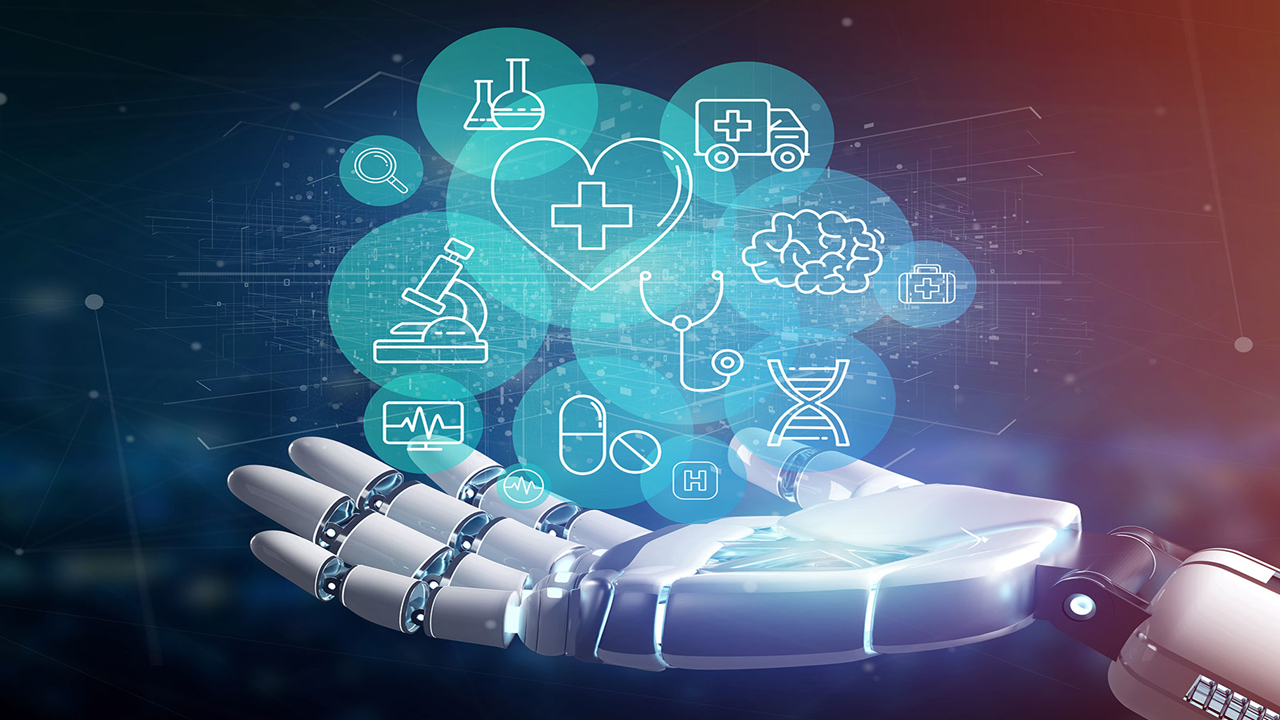Authored by: Husam Yaghi and Mohamed Yaghi
Seeking medical advice from social media and the Internet has become a common practice. However, the reliability and authenticity of such advice can often be questionable and could lead to possibly endangering the well-being of those seeking medical guidance from online resources. On a positive note, the emergence of Artificial Intelligence (AI) and its ability to sift through vast amounts of data and decipher it, is proving to be an invaluable ally in the crusade for accurate healthcare information.
Misinformation
AI algorithms can play a significant role in identifying and filtering out misinformation from the vast amount of health-related content available online. For example, AI-powered systems can analyze text and detect patterns that indicate false claims or unverified remedies. By cross-referencing sources with trusted medical resources, scientific studies, and expert consensus, AI algorithms can flag and mitigate the spread of inaccurate medical advice.
AI systems can analyze social media posts, websites, and online forums to identify misleading claims and misinformation about a specific medical treatment. By comparing the claims with established scientific evidence, these AI systems can help individuals distinguish between reliable medical advice and potentially harmful misinformation.
Reliability of Sources
AI algorithms can analyze vast amounts of data from reputable medical institutions, peer-reviewed journals, and recognized experts to identify trustworthy information. By utilizing machine learning techniques, AI can learn from patterns in reliable sources and develop a curated database of accurate medical advice.
AI-powered platforms, such as health information portals or mobile applications, can curate information from reputable medical organizations like the World Health Organization (WHO) and the Centers for Disease Control and Prevention (CDC). These platforms can provide individuals with access to reliable sources, ensuring that the medical advice they receive is backed by scientific evidence and expert consensus.
Currency of Information
Medical knowledge is constantly evolving, with new research and discoveries being made regularly. AI algorithms can continuously monitor medical literature, clinical trials, and emerging research, allowing for real-time updates in medical advice. By staying up-to-date with the latest advancements, AI-powered systems can ensure that the advice provided to the public is based on the most current and reliable information.
AI algorithms can analyze scientific journals and clinical trial databases to identify emerging research findings. If a new study contradicts previously established medical advice, AI-powered systems can update their recommendations accordingly, ensuring that individuals receive the most accurate and up-to-date information.
Empowering Individuals
Mobile health apps powered by AI can provide users with evidence-based information, personalized health tracking, and reminders for medication adherence. These apps empower individuals to manage their health proactively, make informed decisions, and engage in meaningful conversations with healthcare professionals.
The ultimate goal of AI in ensuring the authenticity of medical advice is to empower individuals to make informed decisions about their health. By providing access to reliable information, personalized recommendations, and real-time updates, AI can enable individuals to actively participate in their own healthcare and take appropriate actions to improve their well-being.
A Beacon of Hope
While medical misinformation presents a significant challenge, AI has emerged as a beacon of hope in this battle. By identifying, assessing, and countering false or misleading information, AI safeguards public health and ensures individuals have access to accurate and reliable health information. As AI continues to evolve, its role in combating medical misinformation will only grow, making it an indispensable ally in promoting global health and well-being.
The ongoing collaboration between AI and healthcare professionals holds the promise of a future where individuals can confidently navigate the online landscape, armed with accurate medical advice, empowered to make informed decisions, and actively engaged in managing their own health. AI is poised to revolutionize the way individuals access and utilize medical information, paving the way for a healthier and more informed society.
Disclaimer: “This blog post was researched and written with the assistance of artificial intelligence tools.”
